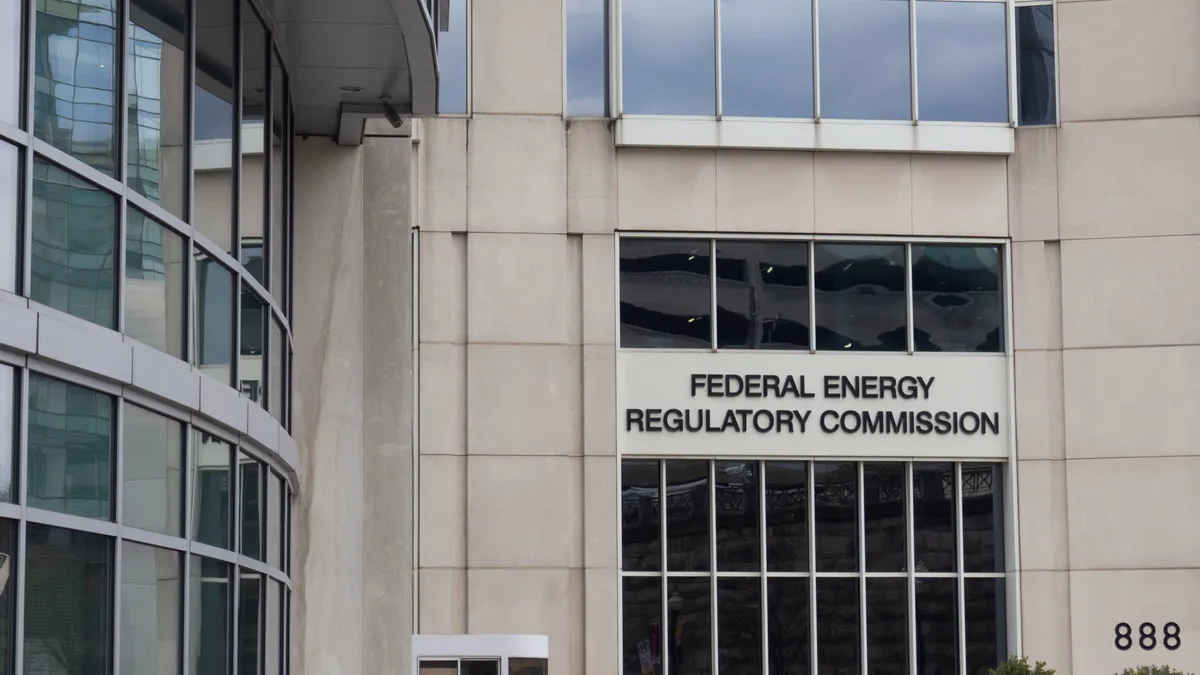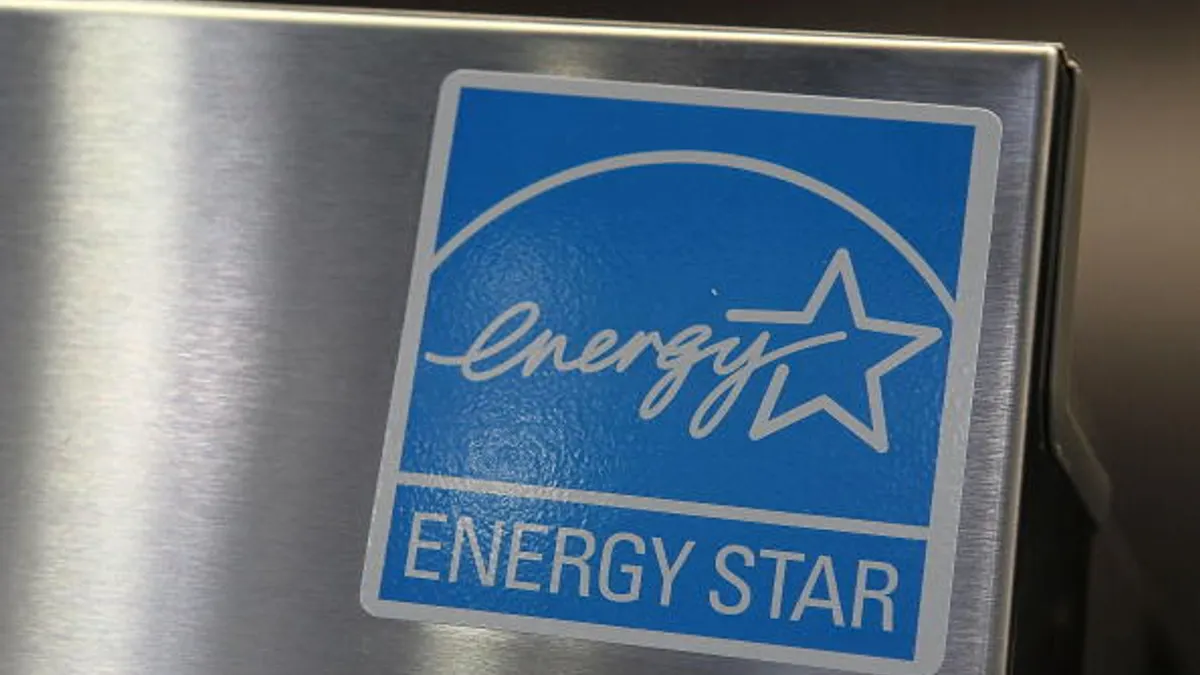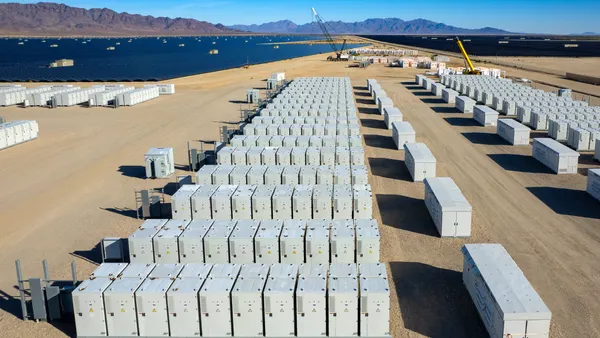Dive Brief:
- The EPA systematically delays responding to Title VI civil rights complaints on environmental hazards and cannot provide adequate relief when it does, according to new report from the U.S. Commission on Civil Rights.
- The Commission's 2016 Statutory Enforcement Report, provided to the Obama administration and congressional leaders this week, says the agency has failed to comply with a Clinton-era executive order governing environmental justice by not addressing impacts of coal ash waste disposal in predominantly minority, low-income communities.
- North Carolina's Department of Environmental Quality, an EPA funding recipient, and Duke Energy, have been heavily scrutinized for their handling of coal ash in the state this year. The recommends EPA look into whether the state has complied with Title VI complaints and advises the NC DEQ to change the risk classification for coal ash ponds from low to high.
Dive Insight:
Since the U.S. Commission on Civil Rights announced early this year that it would make environmental justice and coal ash disposal the subject of its 2016 report, Commission officials have held a number of hearings throughout the country to hear complaints from community members on how coal ash has affected their health.
Now, the Commission, created in 1957 as an independent advisory to the federal government, has determined the EPA has failed to properly enforce its environmental justice obligations in holding states and utilities accountable for their waste management.
Duke Energy, Gov. Pat McCrory (R) and the NC DEQ have been particularly scrutinized by citizen advocacy groups for allegedly ignoring the health consequences of coal ash drinking water contamination for communities surrounding the utility's 14 ash sites in the state.
In August, the state's toxicologist, Ken Rudo, alleged in a deposition for a lawsuit against Duke Energy that tests of the water inside wells near the utility's coal ash ponds showed high levels of toxic chemicals, and the state and utility both failed to inform citizens.
Still, Duke Energy maintains that water near their sites is safe to drink, with chief of staff Thomas Stith saying "homeowners near coal ash ponds" possessed "all facts and safety information about their drinking water."
In response to the Commission report, Duke spokesperson Sean Walsh told NC Policy Watch that there is no evidence the utility's activities are impacting neighbors’ water or health. He said that the utility will comply with required state law by providing permanent alternative water resources to populations within a half-mile of coal ash disposal sites by October 2018.
For all its controversy, North Carolina is one of the few states to have taken any proactive steps to address coal ash in recent years, the Commission report notes. McCrory signed the state's compromise coal ash cleanup bill in July, requiring the utility to clean up coal ash pits at half of its sites without having to excavate the waste as long as the utility supplies clean drinking water to residents near the ponds by 2018.
Currently, the DEQ is in the process of conducting their own environmental justice reviews based on census data and is looking into areas that are within at least one mile of all of the Duke Energy landfills. The agency has completed two reviews at Sutton in Hanover County and the other at Dan River in Rockingham County, according to NC Policy Watch.
In North Carolina and elsewhere, the Commission report says parties should look for long-term solutions for coal ash storage and investigate the safest way to excavate coal ash from existing ponds that does not disparately impact communities of color.
Among several recommendations, the civil rights group says that the EPA ought to prohibit states with EPA funding from allowing utilities to operate without appropriate permits, to eliminate deadlines in hearing Title VI civil rights complaints.
The EPA should also classify coal ash waste as a "special waste" that requires further research on potential health consequences — a shot at the agency's determination in 2014 that coal ash not be considered a "hazardous waste" for federal regulations. Further, the report recommends that the EPA "investigate the risk level of residents living the closest to coal ash ponds and potentially provide the economic means for them to be relocated."
The Civil Rights Commission's report is a recommendation to the federal government and does not have the force of law.













